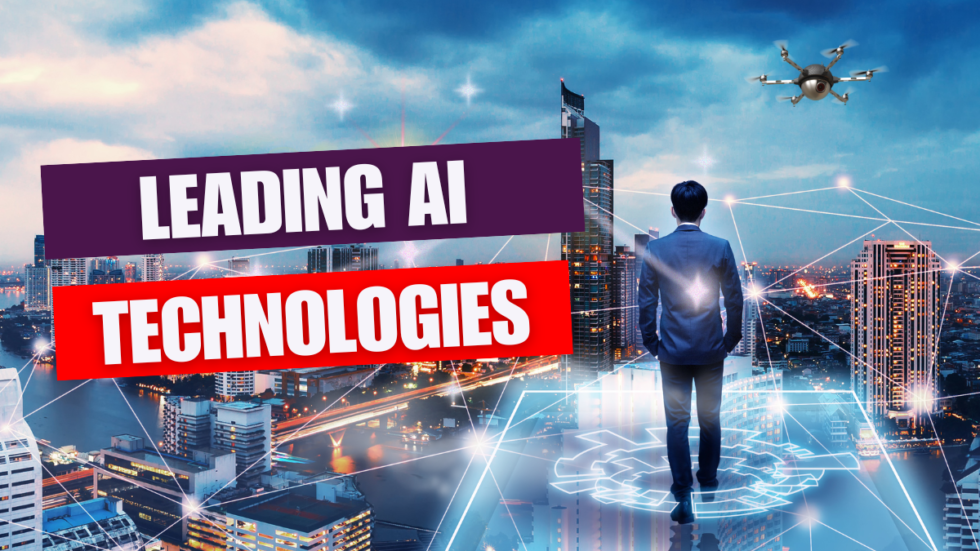Artificial Intelligence (AI) has rapidly evolved in recent years, transforming various industries and revolutionizing the way we interact with technology. As the capabilities of AI continue to expand, the question arises: “Which is the best artificial intelligence in the world?” In this article, we’ll explore some of the leading AI technologies, their applications, and factors that contribute to their excellence.
Introduction
The rise of artificial intelligence has led to remarkable advancements in technology, enabling machines to mimic human cognitive functions. From analyzing vast datasets to making decisions, AI has become an integral part of our lives. As AI continues to evolve, the question arises: Which AI system stands out as the best in the world?
The Evolution of Artificial Intelligence
AI has made significant strides since its inception. Initially, AI systems were rule-based and had limited capabilities. However, advancements in computing power and the development of sophisticated algorithms led to the emergence of machine learning and deep learning techniques.

Leading AI Technologies
Machine Learning Algorithms
Machine learning forms the foundation of modern AI. Algorithms such as decision trees, support vector machines, and neural networks enable systems to learn from data and improve their performance over time.
Natural Language Processing (NLP)
NLP empowers machines to understand, decode, and generate human language. Applications like chatbots and language translation rely on NLP to facilitate seamless human-machine communication.
Computer Vision
Computer vision allows machines to interpret and process visual information from the world. It finds applications in image recognition, object detection, and even self-driving cars.Computer vision grants machines the ability to interpret and process visual data obtained from the surrounding environment. This technology has diverse applications, ranging from identifying images to detecting objects, and is even integral to the functionality of autonomous vehicles.
Robotics and Automation
AI-powered robots and automation systems are transforming industries by streamlining processes and performing tasks with precision. These technologies have applications in manufacturing, logistics, and healthcare.
Neural Networks and Deep Learning
Deep learning, which falls within the realm of machine learning, encompasses neural networks comprising multiple layers.This enables the handling of complex patterns and tasks, such as facial recognition and game playing.
Applications of AI Across Industries
Healthcare
AI is revolutionizing healthcare with diagnostic tools, personalized treatment plans, and drug discovery. AI systems can analyze medical images, predict disease outbreaks, and assist in surgeries.
Finance
In the financial sector, AI algorithms analyze market trends, manage portfolios, and detect fraudulent activities. Chatbots are used for customer support, enhancing user experience.
Transportation
Self-driving cars and predictive maintenance in the transportation industry are driven by AI. These technologies aim to increase safety and efficiency on roads and railways.
Entertainment
AI-driven recommendations on streaming platforms and the creation of visual effects in movies are changing the landscape of entertainment. AI analyzes user preferences to suggest content.
E-commerce
E-commerce platforms use AI to provide personalized shopping experiences, optimize pricing strategies, and predict consumer behavior
Factors Determining the Best AI
Performance and Accuracy
The effectiveness of an AI system is measured by its performance and accuracy in carrying out tasks. Cutting-edge AI technologies exhibit high precision and reliability.
Adaptability and Learning Capacity
The best AI systems can adapt to new information and learn from it. They continuously improve their performance and can handle dynamic and evolving scenarios.
Ethical Considerations
Ethical AI systems prioritize fairness, transparency, and accountability. They avoid biases in decision-making and ensure ethical implications are thoroughly considered.
User-Friendliness
The user-friendliness of an AI system is crucial. The best AI technologies are designed with intuitive interfaces that facilitate easy interaction between humans and machines.
Impact on Society
AI’s impact on society, both positive and negative, plays a significant role in determining its excellence. Systems that contribute positively to education, healthcare, and environmental sustainability stand out.
Prominent AI Systems
OpenAI’s GPT-3
GPT-3, powered by deep learning, is a language processing marvel. It can generate human-like text, assist in coding, answer queries, and even create poetry.
Google’s BERT
BERT’s contextual understanding of language revolutionized search engine results. It comprehends the context of words in a search query, leading to more accurate results.
IBM’s Watson
Watson gained fame by winning “Jeopardy!” IBM’s AI system processes vast amounts of data to deliver valuable insights spanning various domains like healthcare, finance, and research.
Tesla’s Autopilot
Tesla’s self-driving technology, known as Autopilot, utilizes AI to navigate, park, and drive on highways. It’s a prime example of AI in the automotive industry.
Boston Dynamics’ Spot
Spot is a versatile robotic dog developed by Boston Dynamics. It showcases AI’s potential in robotics and automation, with applications in various industries.
The Future of AI
The journey of AI is far from over. Future developments might include more advanced robotics, AI-driven medical breakthroughs, and increased collaboration between humans and AI.
Conclusion
In the rapidly evolving landscape of artificial intelligence, defining the “best” AI can be complex. The best AI systems excel in performance, adaptability, ethics, user-friendliness, and societal impact. As AI continues to shape our world, the quest for the best AI will drive innovation and transform industries.